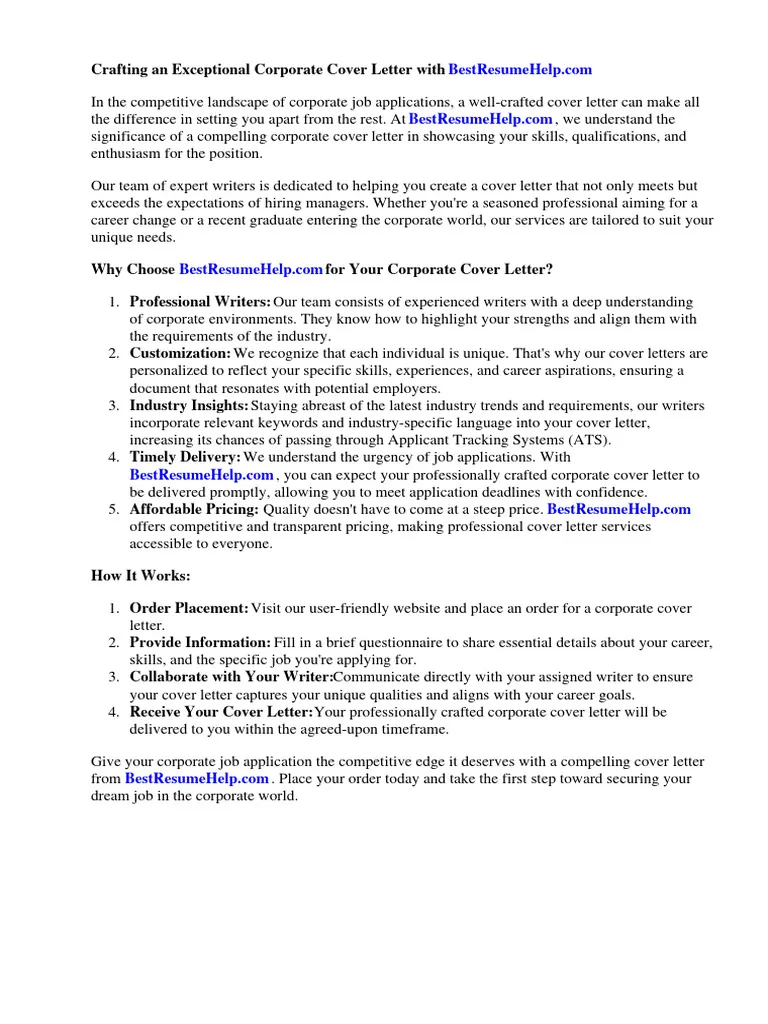The Importance of a Cover Letter
In the competitive landscape of job applications, a well-crafted cover letter can be the key to unlocking your dream job. It’s your first opportunity to make a strong impression on a potential employer and distinguish yourself from other applicants. Think of it as your personal introduction, a chance to showcase your personality, skills, and enthusiasm for the role and the company. A compelling cover letter can significantly increase your chances of getting your resume noticed and securing an interview. Ignoring this critical step could mean missing out on opportunities, so it’s important to understand the value it brings to the table.
Why Cover Letters Matter
Cover letters offer a unique space for explaining your interest in a specific position and company beyond the facts presented in your resume. They provide context, allowing you to connect your qualifications and experiences to the specific requirements of the job. This is where you can demonstrate your understanding of the company’s needs and explain why you are the perfect fit. They are particularly crucial when applying for jobs where the applicant pool is large, or when your experience might not perfectly align with the job description. A strong cover letter can help you stand out, even if your resume isn’t a perfect match.
Highlighting Your Unique Value Proposition
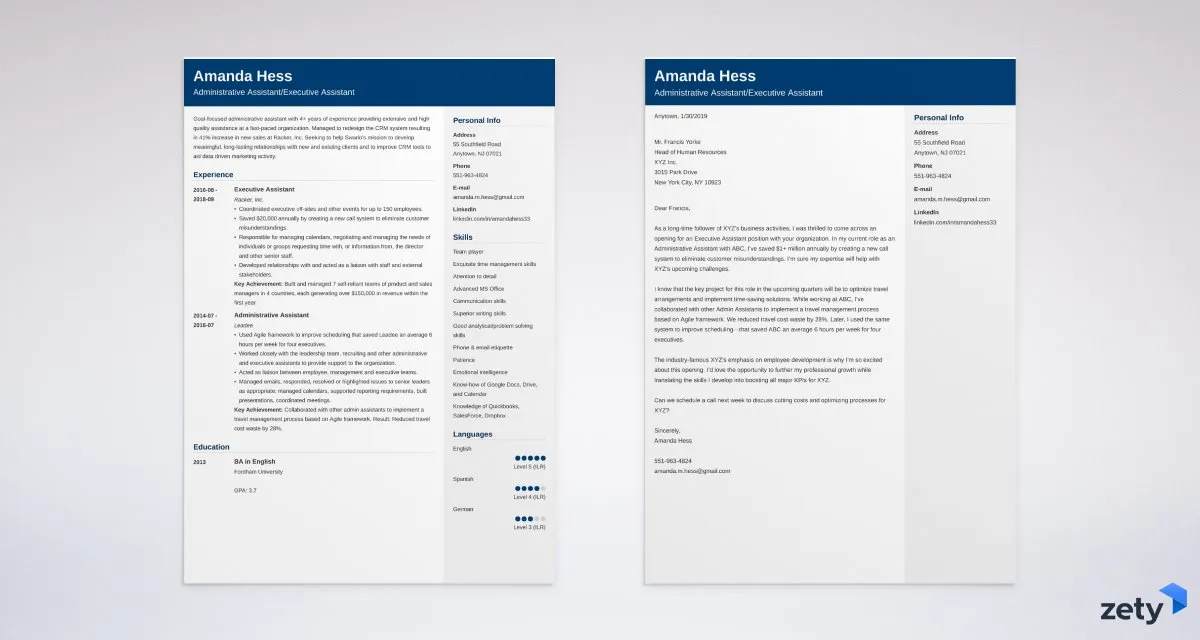
Your value proposition is what sets you apart from other candidates. It’s the specific skills, experiences, and qualities you bring to the table that make you a valuable asset to the company. In your cover letter, focus on articulating this value proposition clearly and concisely. Identify the key skills and experiences the employer is looking for and demonstrate how you possess them. This requires careful analysis of the job description and a clear understanding of your strengths. The goal is to make a compelling case for why the company should hire you.
Top 5 Cover Letter Writing Tips
Writing a great cover letter can seem challenging, but breaking it down into manageable steps makes the process easier. These five tips will guide you to writing a cover letter that grabs attention and increases your chances of landing an interview. Following these simple suggestions will help you create a powerful cover letter that effectively communicates your value and makes you stand out from other candidates. Remember to customize each letter to the specific job and company you’re applying to for the best results.
Tailoring Your Letter
Generic cover letters are easily identified and often discarded. The most effective cover letters are those tailored to the specific job and company. This involves researching the company, understanding the role, and customizing your content to reflect that knowledge. Show the hiring manager that you’ve taken the time to understand their needs and how your skills and experiences align. This level of personalization demonstrates genuine interest and initiative.
Researching the Company and Role
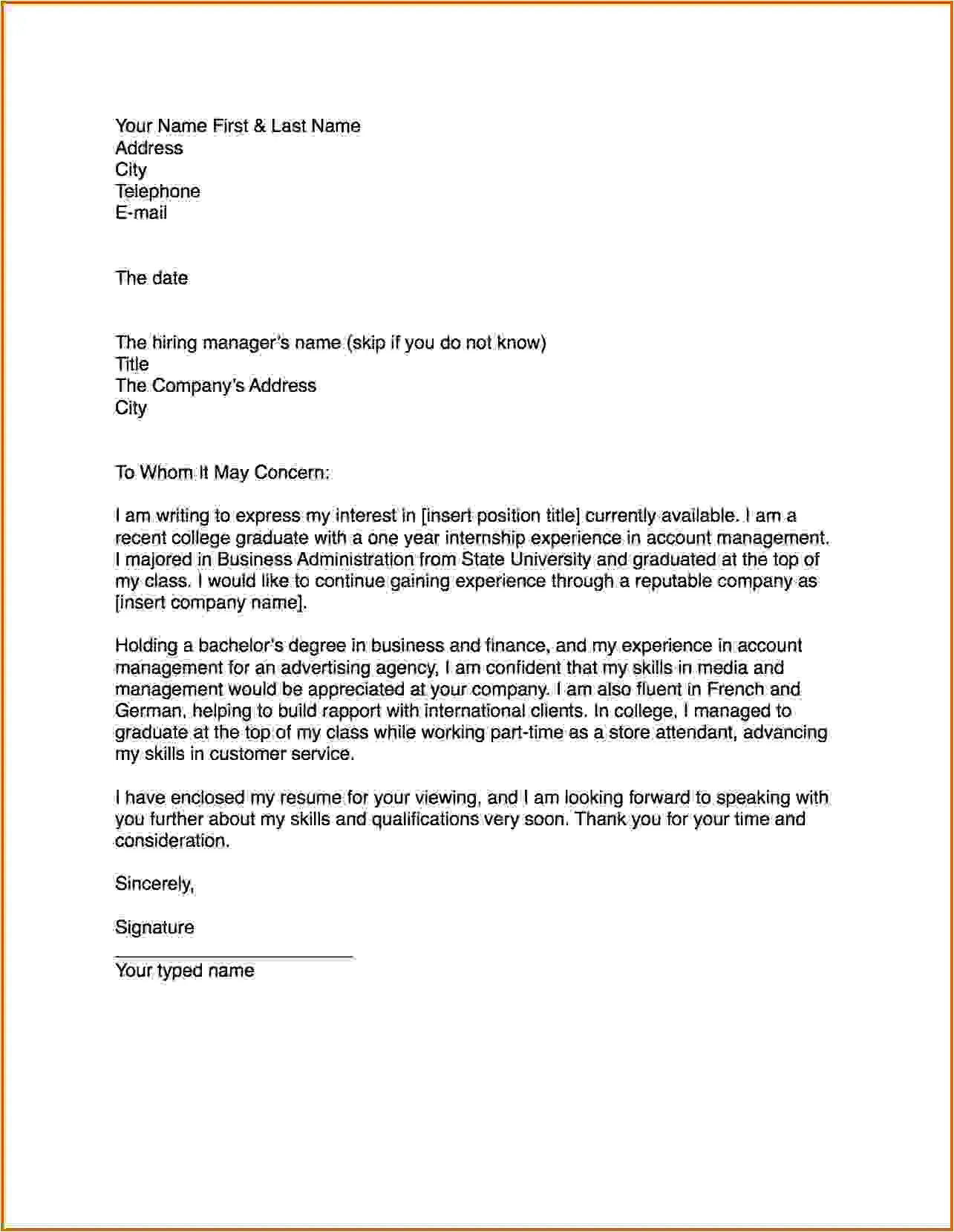
Before you start writing, thoroughly research the company. Visit their website, read their mission statement, and explore their recent news and projects. Then, carefully analyze the job description to understand the specific skills, qualifications, and experiences they’re seeking. Understanding the company’s culture and the role’s requirements will enable you to align your cover letter effectively, making it more relevant and appealing.
Customizing Your Content
Once you’ve researched the company and role, customize your cover letter content accordingly. Use keywords from the job description to demonstrate your understanding of the requirements. Highlight the skills and experiences that directly align with the job’s needs and explain how you can contribute to the company’s success. Tailoring your content showcases your ability to understand the requirements and adds value to the company.
Showcasing Your Achievements
Don’t just list your responsibilities; showcase your achievements. Provide specific examples of how you’ve made a positive impact in previous roles. Instead of stating you ‘managed projects,’ describe a project you managed, the challenges you overcame, and the positive outcomes. The most compelling cover letters demonstrate your ability to solve problems, exceed expectations, and deliver results. Showing achievements provides concrete evidence of your capabilities.
Quantifying Your Accomplishments
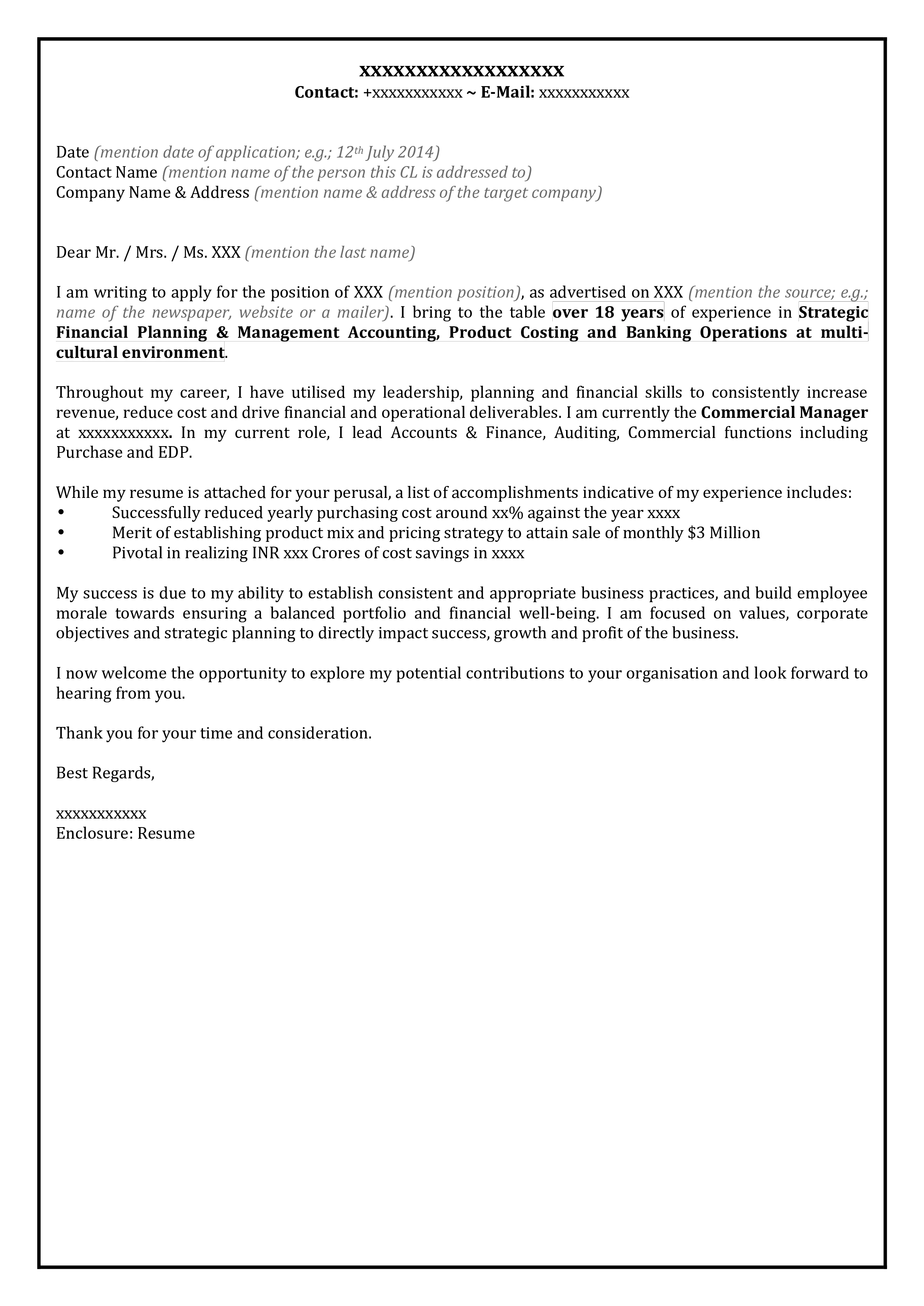
Whenever possible, quantify your accomplishments. Use numbers and data to illustrate your achievements. Instead of saying you ‘improved sales,’ state that you ‘increased sales by 15% in six months.’ Quantifiable results make your accomplishments more impactful and provide concrete evidence of your capabilities. This provides a clearer picture of your contributions and their value.
Using Action Verbs
Use strong action verbs to describe your skills and experiences. Action verbs bring your accomplishments to life and make your cover letter more engaging. Instead of stating that you were ‘responsible for managing projects,’ use verbs such as ’led,’ ‘coordinated,’ or ’executed.’ Start each bullet point or sentence with a strong action verb to make your cover letter more dynamic and persuasive. This makes your letter read actively, providing the potential employer with the details they need.
Maintaining a Professional Tone
Your cover letter is a professional document, so maintain a professional tone throughout. Use formal language, avoid slang and contractions, and ensure your writing is clear, concise, and error-free. Projecting professionalism establishes trust and demonstrates your attention to detail. Proofreading and editing are crucial steps to maintain a professional tone and present your best self.
Avoiding Clichés and Jargon

Avoid using clichés and jargon that can make your cover letter sound generic. Instead, use original language that reflects your personality and experience. While it’s important to convey enthusiasm, avoid overused phrases like ‘I am writing to express my interest’ or ‘I am a team player.’ Your letter should be unique and genuine, showcasing your individuality.
Proofreading and Editing
Proofreading and editing are essential steps to ensure your cover letter is polished and professional. Check for spelling, grammar, and punctuation errors. Have someone else review your letter to catch any mistakes you might have missed. Ensure your cover letter is error-free because it can make a strong impression or result in immediate rejection.
Formatting for Readability
Your cover letter should be easy to read and visually appealing. Proper formatting can significantly enhance readability and make a positive impression. Choose a professional font, use clear headings and spacing, and keep your paragraphs concise.
Choosing the Right Font and Layout
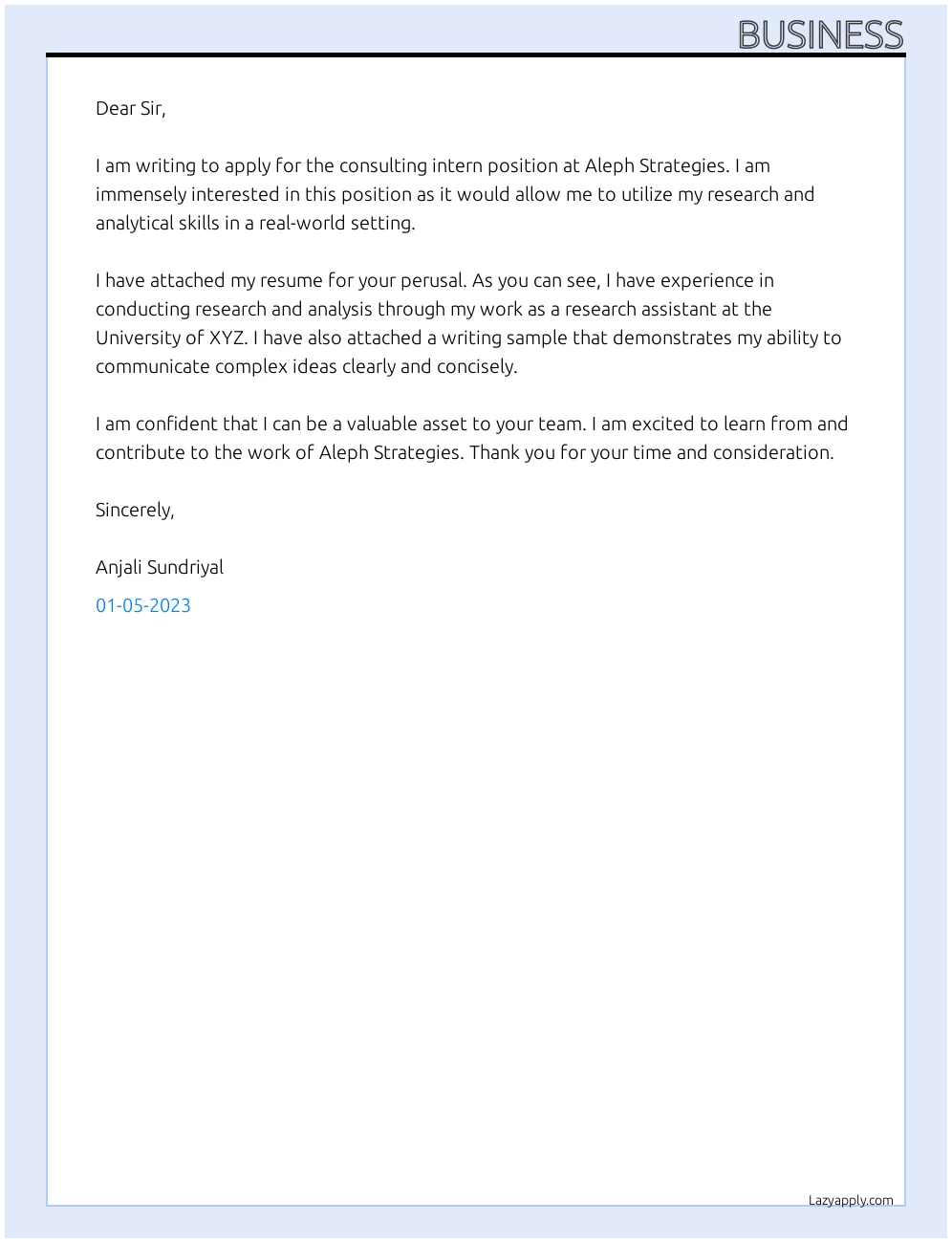
Select a professional and readable font, such as Times New Roman, Arial, or Calibri. Use a standard font size (11 or 12 points) and maintain consistent formatting throughout. A clean and organized layout will make your cover letter easier to read and more visually appealing. Ensure that your letter is well-structured, with clear headings, spacing, and margins.
Keeping it Concise
Keep your cover letter concise and focused. Aim for a one-page document, highlighting the most relevant information. Avoid unnecessary details and get to the point quickly. Hiring managers are busy, so make sure your letter is easy to read and provides the essential information about your qualifications and interest.
Concluding Your Cover Letter
The conclusion of your cover letter is your last chance to make a positive impression. It should express your enthusiasm for the opportunity, reiterate your interest, and provide the hiring manager with the next steps to take. A strong conclusion can help you secure an interview and move forward in the hiring process.
Expressing Enthusiasm and Interest
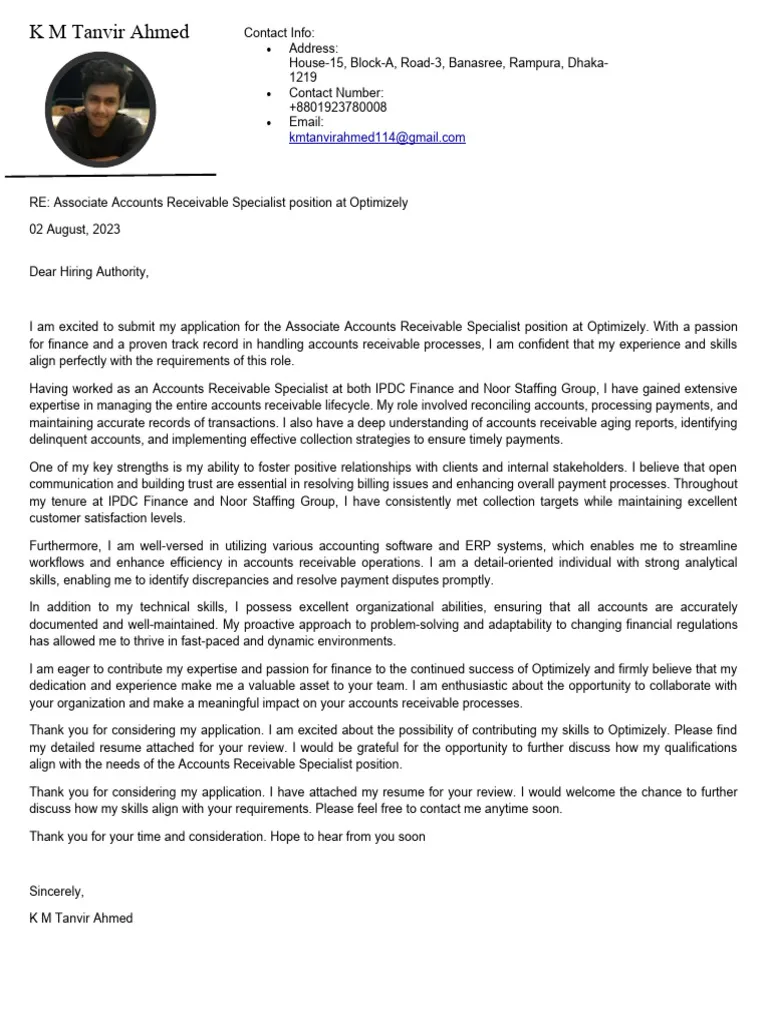
Reiterate your enthusiasm for the role and the company. Show that you are genuinely interested in the opportunity and excited about the prospect of joining their team. Expressing your enthusiasm and interest shows that you are truly invested in the opportunity, and this can make a significant difference in whether you are considered for the role.
Providing Contact Information
Provide your contact information at the end of your cover letter, including your phone number and email address. Make it easy for the hiring manager to contact you for an interview. Ensure your contact information is accurate and up-to-date. This final step demonstrates your professionalism and makes it easy for the employer to take action.
